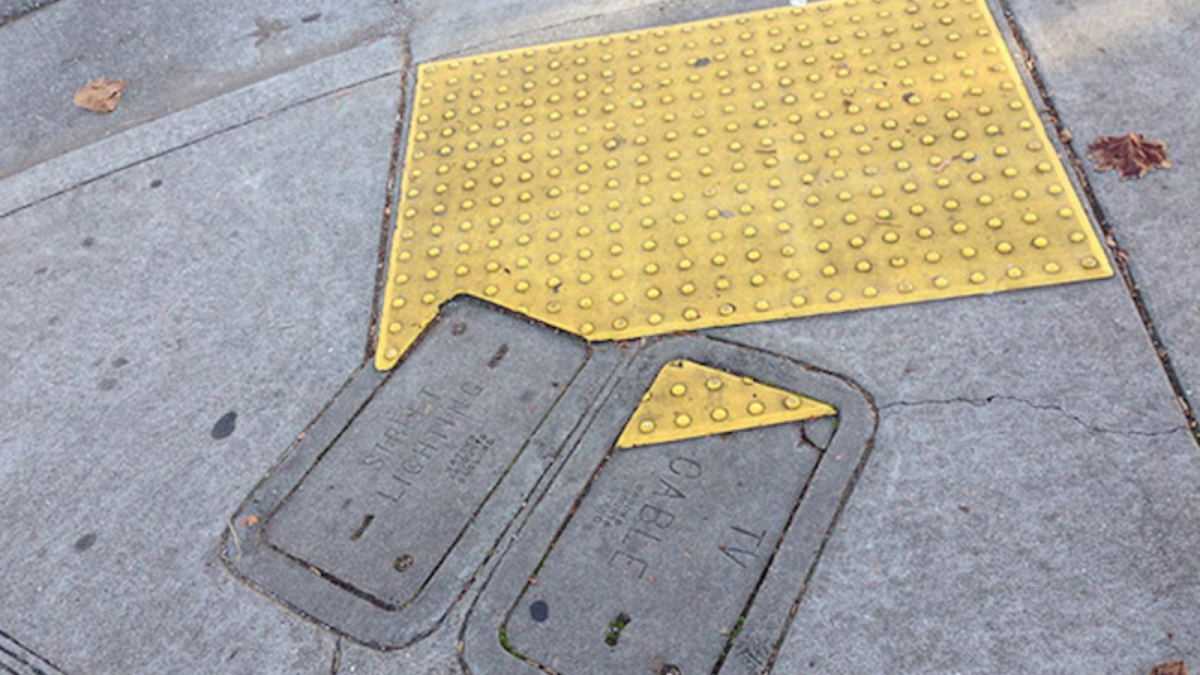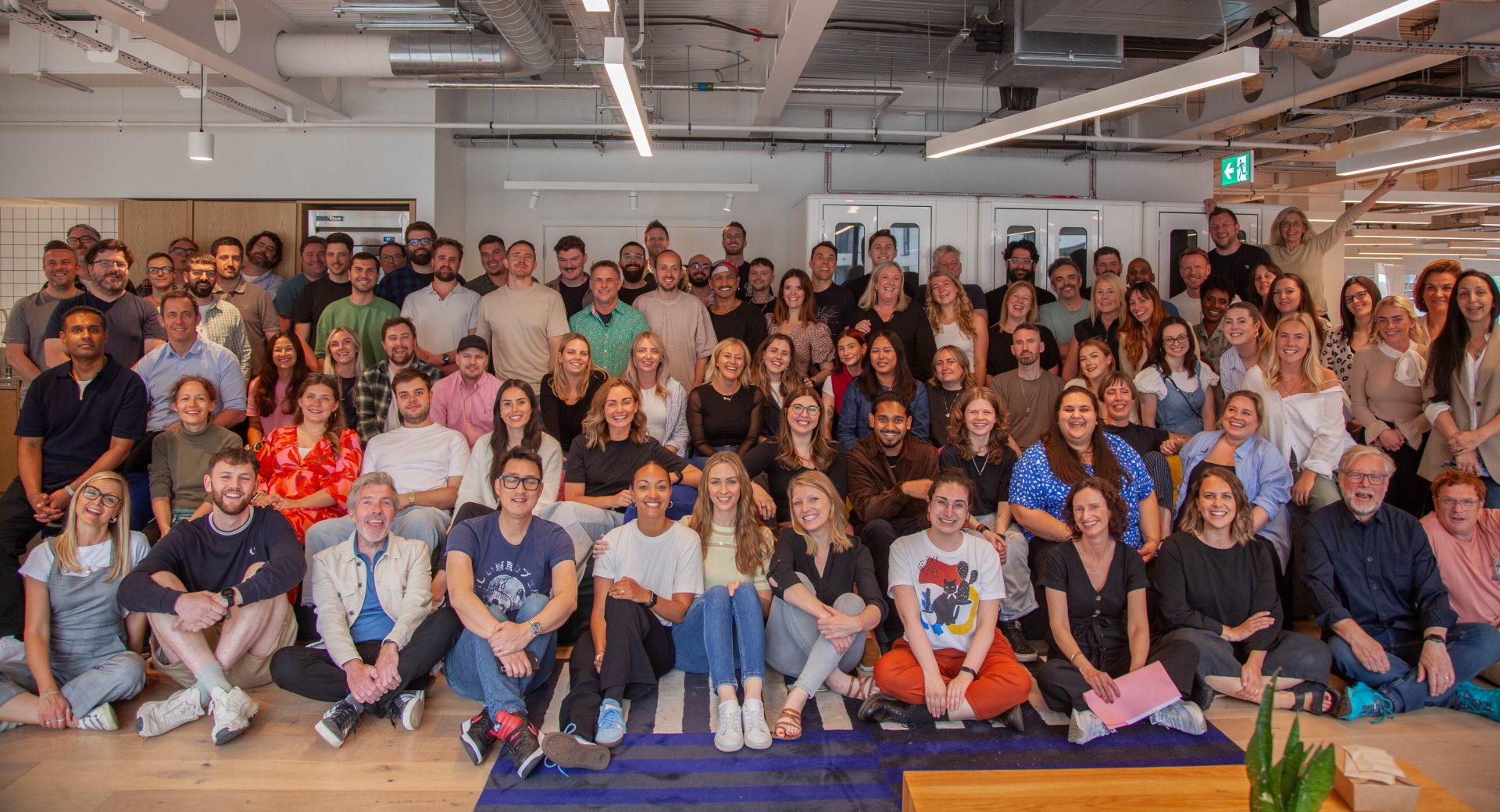On perfectionism…

I’m sure the same can be said for many creatives when I say ‘I hold my projects very closely to my heart’. There’s no shame in admitting that criticism can hurt, sometimes, especially when you pour your heart and soul into it! I’ll admit that I’m occasionally prone to upset if anyone dares question my image choice in the layout of our newsletter…
I know from personal experience that ‘upset’ isn’t the only emotion I’ve felt with my work. I also know the crushing weight of stress, the loss of motivation, the questioning of your talents and training when faced with the possible disapproval of your peers. Notice that I said ‘possible’. The first barrier I had in my work was myself. So much of my work hadn’t seen the light of day because I would talk myself into believing that what I was producing, what I was designing wasn’t good enough for publishing. This work never received the disapproval or approval of my peers because I couldn’t face the threat of being wrong, of being bad at my job, of being less than they expected. And so projects slowed down, artwork wasn’t produced on schedule and to make up for my professional failings… my personal life suffered. This was all because of a little thing called perfectionism. Perfectionism is a strength, perfectionism is ideal. But perfectionism, surprisingly, prevents you from being your best self.
As humans, we make mistakes every day, every minute. Unless you’re purposefully being awkward, you learn from those mistakes simply because it makes life easier. Making mistakes is productive; regular tasks and activities are constantly improved because you’re learning. On the flip side, have you ever put something off for fear of failure? Are you putting something off because it’s difficult, hard, because you’re inexperienced? You aren’t learning or improving by avoiding that activity. You’re instead remaining a stick in the mud.
I’ll briefly touch on it because OCD is a close sibling to perfectionism. When I addressed my own recurring mental blocks, I was surprised when someone diagnosed me with OCD. This is before I knew that OCD isn’t always flawless kitchen counters, sprawling spreadsheets and flicking light switches on and off. Sometimes it’s messy, unorganised and disruptive. Being a perfectionist can create the opposite to your perfect ideal because, after all, what’s the point in doing it if you can’t do it perfectly? If you find yourself putting something off; if you find that a task that takes everyone else two minutes is taking you two hours; if an honest, tiny mistake makes you question your entire career, it might be time for you to check your perfectionisms.
One mildly scary way to do this is to practice something a psychiatrist taught me; ERP therapy, or in its long-form, Exposure and Response Prevention. Basically, make a little mistake on purpose and sit with it, exposing yourself to the consequences – that, in all likelihood, will be nothing! Of course, nothing compares to getting professional support. Identity’s chosen charity partner, Rethink provides support groups and services across the UK. Rethink’s mission is to deliver a better life for people severely affected by mental illness. Their network of groups, services and expert advice lines are on hand to get support to those that need it. Their website is also full to the brim with informative blogs and videos too. We’re also very lucky to have a dedicated team of Mental Health First Aiders, who have been trained to spot the signs of those working with mental health barriers. I’m proud to say that I’m one of these first aiders!
Looking back, the work I was producing was fantastic. Not perfect, by any measure, but good enough to be developed, improved and mastered. Take a moment to reflect on your own abilities and successes and realise that you’re the best you can be and that no one and no thing is perfect.







